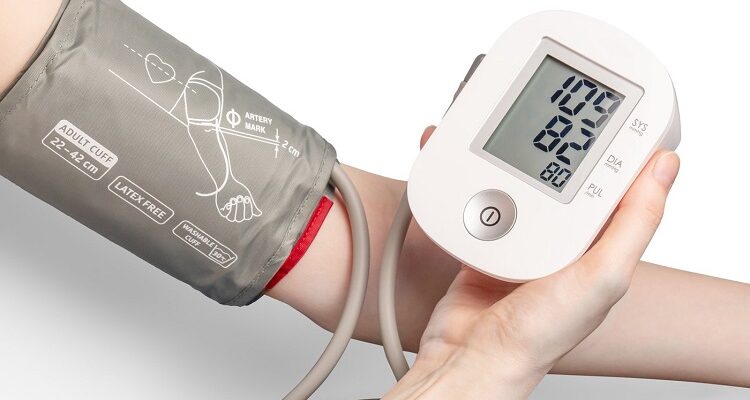High blood pressure, also called hypertension, occurs when the force of blood against your artery walls becomes consistently too high. Doctors call it a silent killer because it often does not show symptoms. You may not know you have hypertension until you get tested. You are more likely to develop high blood pressure if you smoke, are obese, take a high-salt diet, and have a family history of hypertension. Your doctor, Kalpana Desai MD may recommend you get regular blood pressure check-ups, especially if you are at risk. Untreated high blood pressure can lead to heart attack, stroke, heart failure, irregular heartbeat, and kidney disease.
Table of Contents
Which are the different types of high blood pressure?
Primary hypertension
Primary hypertension, also called essential hypertension, develops over time. Most people have this form of hypertension. A combination of factors contributes to developing high blood pressure, including genes, aging, obesity, high alcohol consumption, diabetes, and high sodium intake.
Secondary hypertension
Secondary hypertension usually occurs quickly and can be more severe than primary high blood pressure. There are various conditions that can lead to this hypertension, including kidney disease, obstructive sleep apnea, congenital heart defects, illegal drugs, and side effects of certain medications.
How do doctors diagnose high blood pressure?
Your doctor diagnoses hypertension by taking a blood pressure reading. If your blood pressure is elevated, your provider may recommend more readings after a few days or weeks. One test is not enough to diagnose hypertension because increased pressure may result from a temporary environmental change like stress being in a medical facility.
If your blood pressure remains high after several tests, your doctor may order more tests to rule out underlying issues. These tests include cholesterol screening, an electrocardiogram to check your heart’s electrical activity, a heart or kidney ultrasound, or other blood tests. These screenings can help your provider identify any secondary conditions causing your hypertension.
What are the treatments for high blood pressure?
Medications
Beta-blockers: Your doctor can recommend beta-blockers to make your heart beat slower and with less force or block certain hormones that can increase your blood pressure.
Diuretics: Also called water pills, help your kidneys excrete excess sodium from your body, which can elevate your blood pressure.
ACE inhibitors: A chemical called angiotensin can make your blood vessels and artery walls tighten and narrow, leading to high blood pressure. ACE inhibitors prevent your body from producing much angiotensin, helping your blood vessels relax and minimize blood pressure.
Calcium channel blockers: These drugs block some of the calcium from entering your heart’s cardiac muscles, leading to minimal forceful heartbeats and lower blood pressure.
Lifestyle changes
Healthy diet: A healthy diet emphasizing fruits, vegetables, whole grains, and lean proteins can help manage your hypertension and reduce the risk of complications like stroke.
Physical activity: Exercise helps you lose weight, lower blood pressure, and strengthen your cardiovascular system.
Quitting smoking and limiting alcohol consumption: Smoking can damage your body tissues and harden blood vessel walls. Stopping smoking and limiting alcohol consumption can help control your hypertension.
High blood pressure is a condition that usually develops with no symptoms. Your doctor can effectively treat and manage this disease through medications and lifestyle modifications. Schedule an appointment at Integrated Family Medical Center for high blood pressure treatment to prevent other health complications.










Comments